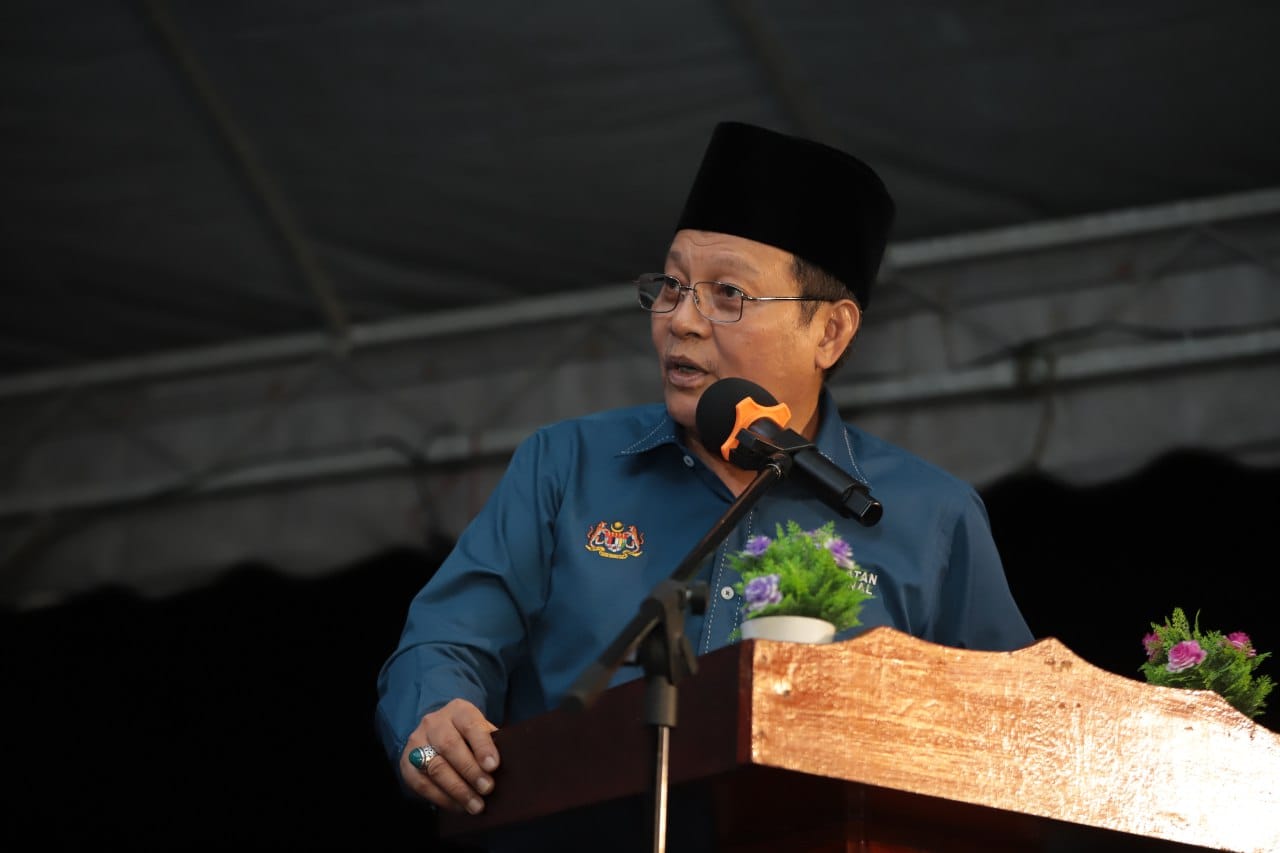KUALA LUMPUR, June 15 — Tanjong Karang MP Dr Zulkafperi Hanapi today supported the Health White Paper’s (HWP) proposal to introduce social health insurance to increase the sustainability of the health care system.
The Perikatan Nasional (PN) lawmaker also suggested that health financing be removed from the Ministry of Health (MOH) to avoid conflict of interest, as the MOH is also a regulator and health care provider, and to be placed under the Economy Ministry instead.
He noted that this is done in countries like Indonesia, Vietnam, Thailand, and the Philippines.
“I also suggest that a National Health Financing Act be drafted immediately by combining EPF (Employees’ Provident Fund) and Socso (Social Security Organisation) to ensure smooth implementation of health financing for this national health insurance,” Dr Zulkafperi said in his debate on the HWP in the Dewan Rakyat today.
“This suggestion also includes insurance for senior citizens for protection and care in retirement village resorts for our golden years; the retirement village concept is very popular in New Zealand.”
Dr Zulkafperi noted that the HWP completely omits any explanation on how a national health insurance scheme would operate, despite proposing this as another source of health financing.
“We must take an immediate approach to integrate the public and private health care systems with open access to services directly connected through national health insurance.”
The HWP proposed the removal of the roles of health care service provider and purchaser from the MOH, where the former would go to “autonomous” public health care facilities and the latter would be managed by a Strategic Purchaser entity.
The Strategic Purchaser entity will manage a special health fund that the HWP said will be financed primarily with government allocations, as well as contributions from organisations, medical fees collected, and national health insurance contributions.
But the HWP did not provide further details about how the Strategic Purchaser will operate or which body is proposed to do strategic purchasing of health care services from the public and private sectors.
The Tanjong Karang MP supported the HWP’s proposal to review the fee structure in public health care facilities based on patients’ ability to pay.
At present, public hospitals and health clinics under the MOH impose user fees of RM1 for outpatient care and RM5 for specialist care.
“The RM1 fee was appropriate at a time when nasi lemak was sold at 10 sen to 20 sen a pack, even though a pack of nasi lemak now costs RM2.50 to RM5.00,” said Dr Zulkafperi.
“The static fee of RM1 is among the main contributors to the state of MOH’s health service that is static and behind the times. Is this RM1 cost appropriate, considering that patients are left to wait for hours in the government health service?
“So political will is needed to raise the RM1 fee to a more reasonable rate, compared to the cost in private health care facilities that has increased to RM80 to RM100.”








